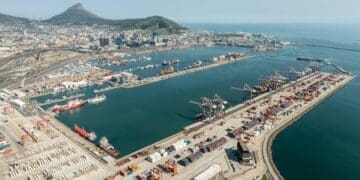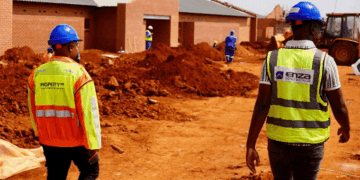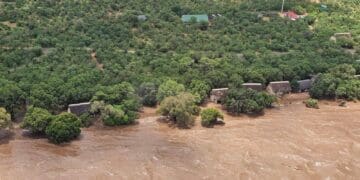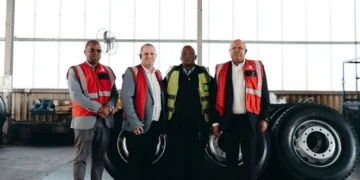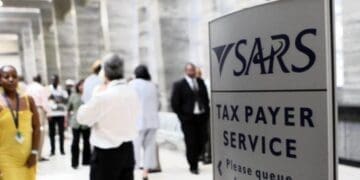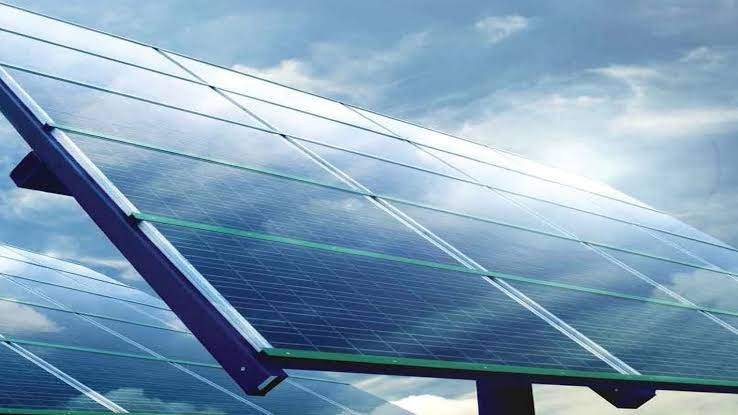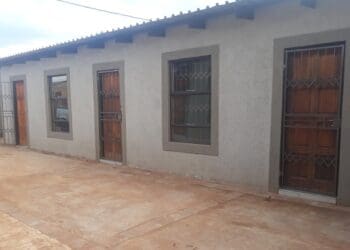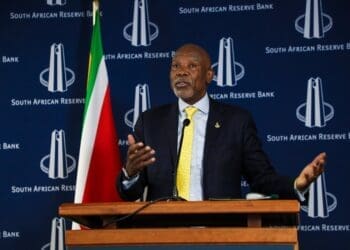By Azwidohwi Mamphiswana
Small businesses face many compliance costs and legal risks amid new solar regulations.
This follows Eskom urging the small-scale embedded generation (SSEG) sector to register their rooftop solar systems, putting added pressure on SMEs already struggling with high operational costs.
The regulation, enforced in collaboration with the National Energy Regulator of SA (Nersa), mandates that all SSEG systems be registered, with fines for non-compliance starting from March 2026.
For home-based small businesses already struggling with high operational costs, the need to comply with the registration process adds an extra financial burden.
Business owners must pay for compliance assessments, professional consultations and legal reviews – costs that could run into thousands of rands.
The registration process requires meeting Eskom’s safety and technical standards, which can include having their systems certified by qualified engineers or technologists.
The financial strain is particularly challenging for SMEs, many of which turned to solar energy to reduce electricity costs and mitigate the impact of load-shedding.
“Solar energy was supposed to save my business money, but now I have to spend more just to meet Eskom’s new rules,” said Kabelo Nkosi, who runs a bakery in Pretoria. “The process is unclear, and it feels like we are being punished for trying to be energy efficient.”
Failure to comply could result in significant penalties. Eskom has warned that businesses with unregistered systems could face fines of approximately R6052.
Additionally, the utility could impose further enforcement actions, including limiting or disconnecting non-compliant systems from the grid, leaving businesses vulnerable to operational disruptions.
Eskom spokesperson Daphne Mokwena defended the regulation, emphasising that it was crucial for ensuring grid stability and operational safety.
“The registration process helps us manage energy distribution effectively and ensures that all installations meet safety standards,” she said.
Despite Eskom’s assurances, many SMEs are struggling with the complexity of the process.
Reports indicate confusion regarding the paperwork, technical requirements and unclear guidelines on system modifications, leading to delays in compliance.
“We’re hearing about penalties, but there’s little clarity on what we need to do,” said Nomsa Dube, a home-based restaurant owner in Soshanguve.
To ease the burden, Eskom has introduced a grace period until March 2026 during which businesses can register their systems without incurring connection fees for installations below 50 kVA.
However, businesses may still have to cover costs for inspections and upgrades, such as installing smart meters.
Energy experts argue that the cost of compliance could discourage small businesses from pursuing solar energy in the future.
“The government wants more businesses to go green, but these regulations could slow down adoption,” said independent energy analyst Tshepo Kgadima in a recent interview on Power Talk.
“Eskom should consider offering financial support or simplifying the process to make it more accessible.”
As the deadline looms, many businesses are calling on Eskom and Nersa to provide clearer guidance and better support to avoid putting the very enterprises driving South Africa’s renewable energy shift at a disadvantage.





